Are All Tech Startups For Sale? – The View From African Founders And Funders
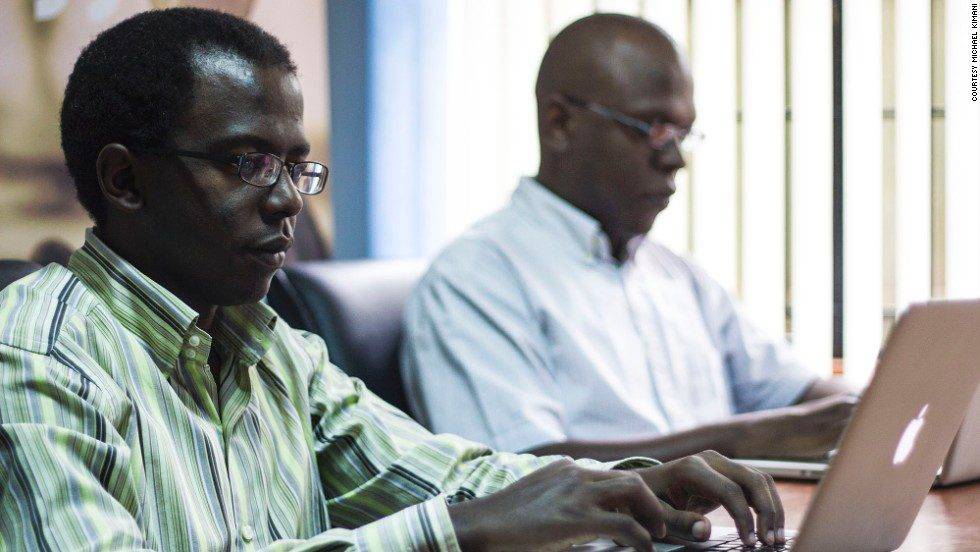
“Startups are bought, not sold.” That’s a widely held legend in startup circles. But there’s a strong argument around the fact that the old adage is just an urban myth.
Stuff like “meeting needs” and “solving problems” are often talked up by founders and entrepreneurs as the noble intentions fuelling their drive to “build for the next billion”, and that’s great. But in reality, it can’t be just about that.
While it may come across as vain and unsavoury, and while most people would rather avoid hitting this point directly, the fundamental motivation for starting any kind of for-profit business is to make as much money as possible.
Sure, stuff like meeting needs and solving problems are very important. But even at their very best, they are basically just a means to one end; making money. And it’s not like there’s anything wrong with that.
Entrepreneurship is woven into the very fabric of today’s world. It’s almost like every facet of our world now runs on some form of entrepreneurship — from the big tech companies in Silicon Valley to brick-and-mortar shops in Dakar. It’s all business and they all exist to offer valuable products/services in exchange for money.
Tech startups have long become the poster child for formal/organised entrepreneurship across various parts of the globe. From the bubbling, emerging ecosystem in Lagos to the sprawling, advanced hubs in San Francisco, the tech startup rave has become the new gold rush.
Founders and companies seem to be popping up from everywhere and there’s a lot of money flying around even for nascent ecosystems that can be thought to have arrived late to the party.
For example, in 2019, funding for African tech startups went north of a billion dollars for the first time. For perspective, that figure was around USD 185.7 Mn only four years before. So, there’s a lot more money going around and a lot more people who are hoping to hit paydirt.
While most entrepreneurs hope to take their companies public like Apple, Google, or Facebook (that seems like the unofficial mark of top dog status), it is not exactly far-fetched to think that many founders will eventually sell their startup to a strategic buyer and make big bucks in the process.
So, Are All Startups For Sale?
If the fundamental goal of every business owner is to make as much money as possible, it follows that every startup has a price. But this doesn’t necessarily mean that every startup is for sale. It’s a little bit more complicated than that.
While IPO exits and buyouts are quite common in advanced tech startup ecosystems like the one in Silicon Valley, only a handful African startup founders have threaded that path with names like OLX, Andela, Jumia, Konga, and Flutterwave making up what is a short list of startups that have seen their founder/co-founder exit after a management buyout or an IPO. The imminent IPO of Interswitch is another potential example.
Now, here’s what WeeTracker gathered from top African founders and funders who shared their candid thoughts on whether all tech startup founders would ultimately sell off their companies if and when a suitable offer comes.
- Opeyemi Odeyale (Angel Investor & Co-Founder/COO, Ping Express)

“Starting a company for the sole purpose of selling can be a detriment to how far the venture goes. What keeps a true founder going in difficult times is the personal interests. Money alone is not sufficient to motivate the relentlessness required to see a venture through.
“Sometimes, unsolicited offers that are too good to turn down would make anyone change their mind.
“Impacting others’ lives or having a vision that is yet to be fully actualised would make founders decide against selling even when an offer is brilliant.
“Whilst money isn’t always a motivation, every startup has a price. Remember Snapchat refused to sell to Facebook despite an excellent offer. I guess excellent just wasn’t the right price.”
- Chijioke Dozie (Co-Founder/CEO, Carbon)
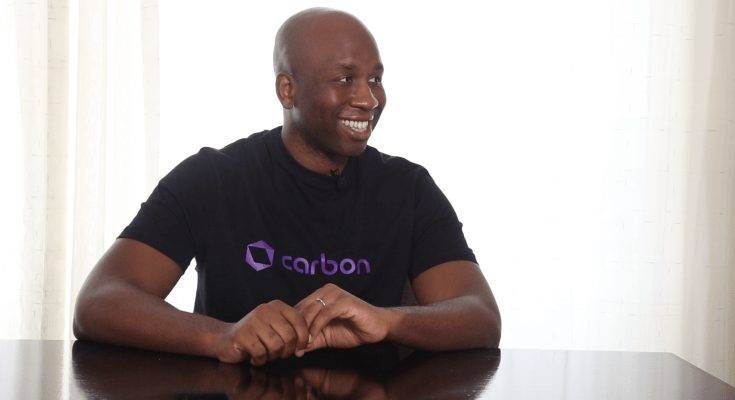
“I don’t think African founders have the luxury of fielding offers for their startups I think this depends on the type of startup and how late they are into the game.
“I would argue that the first movers are looking for scale but later entrants could be looking for a quick exit with one of the incumbents, etc. The digital lending space is one example.
“I think it is mostly true [that every tech startup has a price and given the right offer at the right time most founders would exit their companies] but some have a very high (unrealistic) price which will not materialize. “
- Clive Butkow (CEO, Kalon Venture Partners)
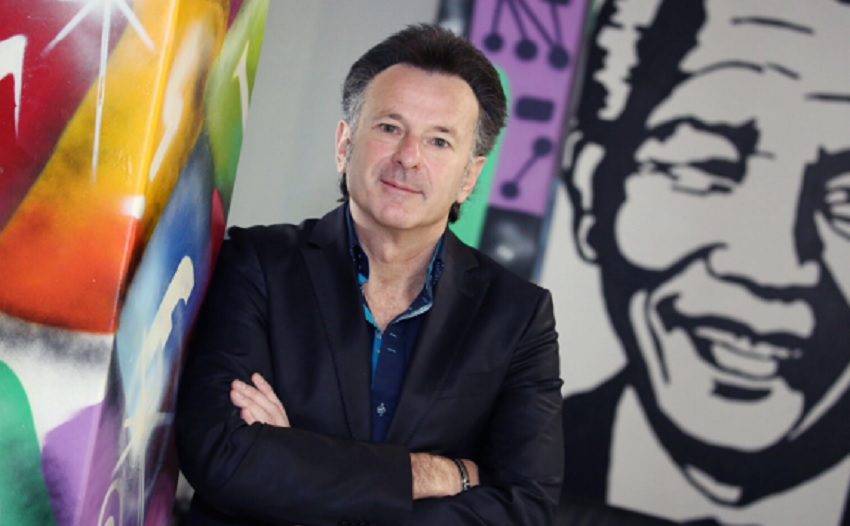
“The assertion that the endgame of every founder is to sell off their venture is incorrect as many startup founders want to build their businesses and possible hand over to future generations.
“What is however true in most cases is that venture capital-backed startups will need to create a liquidity event for the venture capitalists which could be an outright sale, IPO, partial sale where the VC can exit or a management buyout where again the VCs and other shareholders could be bought out.
“For VC-backed businesses, I believe it is true that such startups have a price and given the right offer at the right time most founders would exit their companies. This is correct. However, some founders might like the idea of working in the business fit for a long time and not exit.
“I would, however, say that not selling at the right price would be for the minority of startups. Often founders start businesses to follow their passion and to change the world and these founders will often hold onto their business as their mission and vision have not yet been realized.”
- Olugbenga “GB” Agboola (Co-Founder/CEO, Flutterwave)
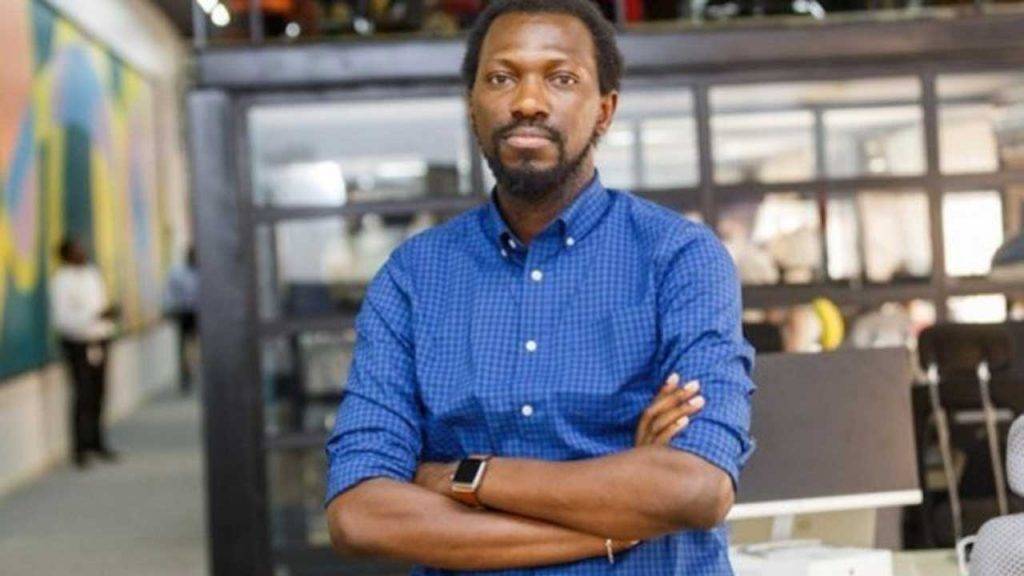
“Every founder has an end goal in mind when they start a new venture. For some, it may be the passion to build new businesses and sell off while for others, they are heavily invested to nurture the business to scale.
“I have been on both sides of that and ultimately with each venture I begin, the goal has always been to build an institution that outlives me and has a great positive impact on the African continent. This is my North Star, and it drives everything I do as a startup founder.
“With Flutterwave, there was a huge gap in the market for an innovative, customer-focused company that would be a bridge for payments within Africa and the rest of the world. The goal was to build a payment infrastructure that impacted African businesses, founders, helped grow businesses and helped them scale. Every day we work to get closer to that goal as a team.”
- Tidjane Dème (General Partner, Partech Africa Partners)
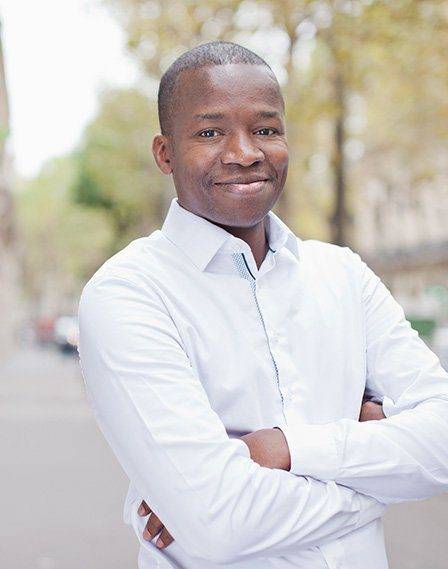
“First, I believe most startup founders motive in creating their startup is to solve a problem they care about, build a great solution, create something new and impactful. And of course, selling is not the ultimate goal for most of them.
“And factually this is also not the route most startups take. While VC-funded startups tended to take this route more likely, it’s still not necessary, for the VC to exit, to sell the whole company.
“So ultimately, there are many options available and many possible outcomes even though news and attention tend to focus on those that sell for big price tags.
“In my experience, the focus of the founders is mostly around treading a path that allows them to take the company to the level they envision, on their own or with other stakeholders.”
“Founders should think beforehand and decide on their own terms if they want to sell, when would be ideal and drive this on their own time rather than have to scramble to a decision when a random offer comes up.
“Most founders really care about solving problems, building solutions, companies, getting things right,…etc. Of course they care about playing the game right and this includes the process of funding and sometimes selling startup. But even when they do that, they plunge right back into the fray, even if it is as advisors, to keep solving problems.”
- Erick Yong (CEO, Greentec Capital)
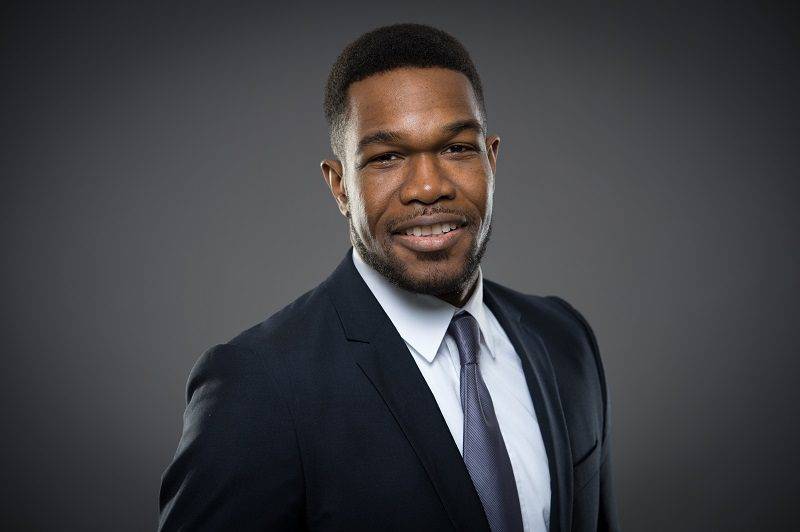
“I don’t think every founder wants to ultimately sell their company. Most founders want to own their companies until it grows. They would like to have bigger players coming in because it shows that the company is becoming successful and it can grow and can reward investors. It’s especially more difficult to sell if the company has grown bigger.
“Of course, if you have an incredible offer and you’re just starting, selling can be a good option. But at that moment, you’re also asking yourself about what the buyer sees that you’ve failed to see. I really don’t think it’s that easy.
“If the company is really young and somehow struggling, it’s easier a founder to accept an offer and perhaps go start something else. But if you’re a proven entrepreneur on the path of success and you really are still in love with your company, it’s very hard to sell. You may only compromise by giving up a piece of it.”
“It’s also a matter of motivation. Most companies are just translations of what their founders are trying to build. If you’re trying to build something you’re really passionate about, what is important is the impact that your company is going to have.”
“Of course, the money will play a role and you’ll also see that the people with the money are going to be able to make your company go further and develop without you. And that can be a driver.
“But I don’t think many founders just set out to sell their companies for millions of dollars. They think they are going to earn millions of dollars and maybe sell a piece of their company.”
- Maurizio Caio (Managing Partner, TLcom Capital)

“The destiny of a start-up should always be in the hands of the entrepreneur. She/he is the hero and the central character, and when VCs are involved, they must be at the service of the entrepreneur providing capital and business building capabilities to support the vision and the plan designed by the entrepreneur.
“When an entrepreneur accepts VC support, the exit strategy is one of many items be discussed explicitly upfront, and at that point, it becomes a joint decision of the entrepreneur and the investors.
“There are many options at exit, including the scenario in which investors exit and the entrepreneur stays. This is often the case in IPOs, and also in trade sales and transactions where the buyers are PE funds, as often new investors want the entrepreneur to stay and lead the company for its next stage of development. When TLcom sold Upstream to Actis, the founder stayed with the company and drove its growth forward.
“So, in the end, the entrepreneur can freely decide whether to sell the company when happy with the return and when ready to move to another adventure or to stay and continue its journey with the company.
“The business performance of the company and its value generation potential is the ultimate driver of exit options and the degrees of freedom at exit. The better the performance and the ability of the company to continue to grow independently, the wider range of options will be available to the entrepreneur.
“Wise entrepreneurs are not over-optimistic about unrealistic expectations of value, nor do they panic and accept a low ball offer to avoid the risks associated with further growth.
“We are still early in the life cycle of the Africa VC space, but we observe that wise entrepreneurs correctly ignore early exit offers when they are confident about the upside of their companies.
“At the same time, we observe a disproportionate focus to achieve milestones associated with what are perceived to be the drivers of the value of the company at the next round of financing, as opposed to long-term factors to create a memorable company.
“We need to see more high-value exits in Africa, and at that point, it will be easier for entrepreneurs to recognize the real drivers of value. And we are confident that high-value exits will take place over the next couple of years.
“So wise founders know exactly when – and at what value – it is best to sell their company or can decide to stay with the company forever and generate value in ways that are different than an exit, by using the cash generated by the company for reinvestment in the company and compensation of the different stakeholders.
“The entrepreneur is somebody with a superior understanding of a large problem, and the ability to articulate and execute a solution in the form of a value-generating company.
“The ultimate goal is to solve that large problem better than anyone else – meaning at a lower cost or by providing a higher perceived value to customers.
“When this happens, over time and when reaching critical mass, the company will generate cash and economic value for all stakeholders involved. The entrepreneurs also gain the ability to have a significant non-economic impact on their market and relevant communities. Twiga, Kobo, Andela, uLesson, are all examples of companies pursuing massive value generation and generating significant impact.
“But when the ultimate goals of the entrepreneur are primarily non-economic in nature, then various forms of non-profit organizations become more effective models to execute the vision.
“There is still some confusion in the Africa VC space as some entrepreneurs pursue very relevant and impactful initiatives with limited economic upside, but look for capital from VC investors who are (should be!) instead focused on a different risk/return curve.”
This post was updated to include comments from Maurizio Caio of TLcom Capital.
Featured Image Courtesy: CNN